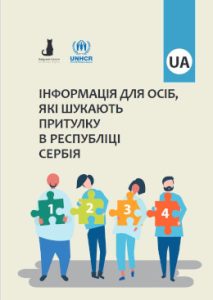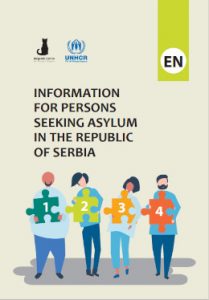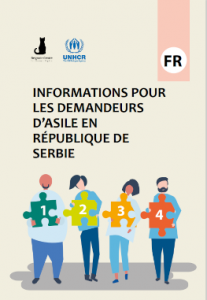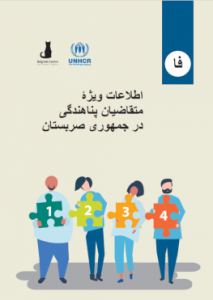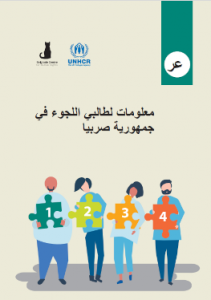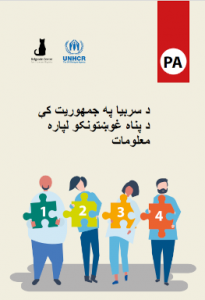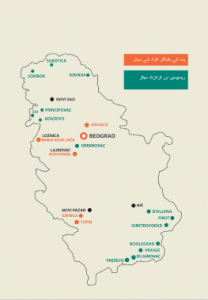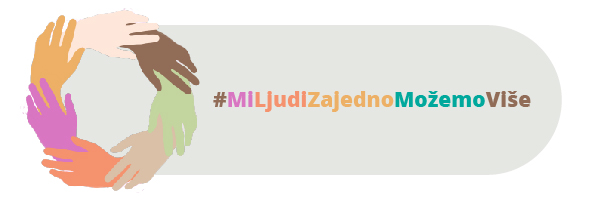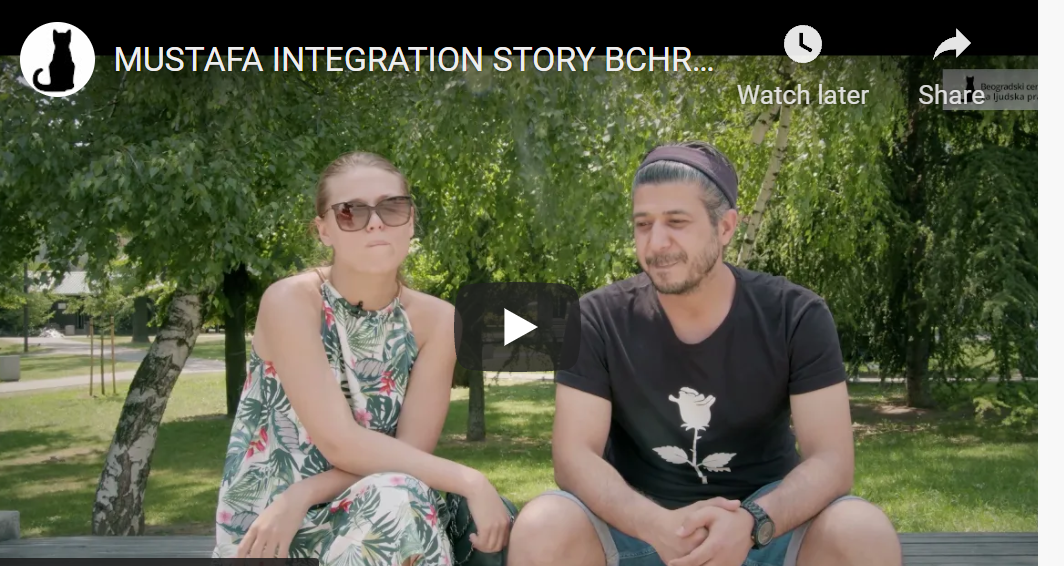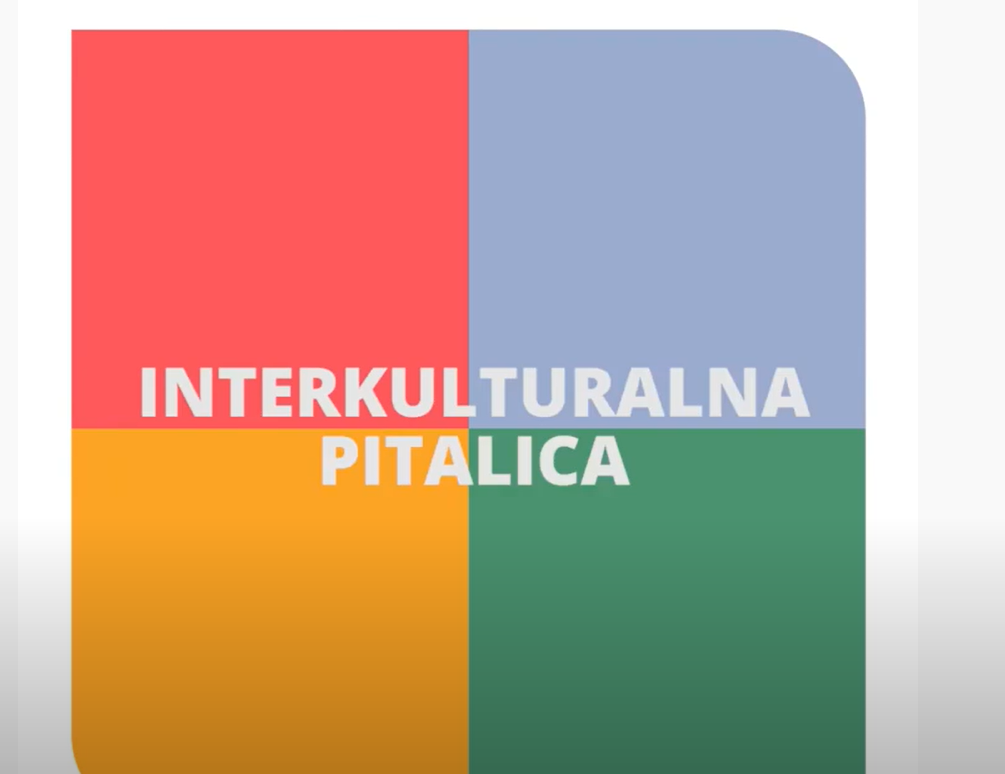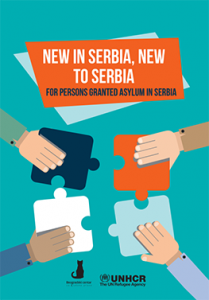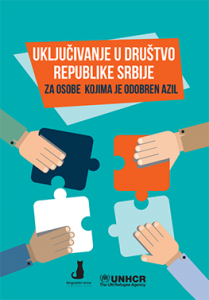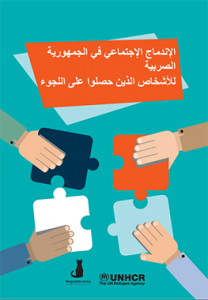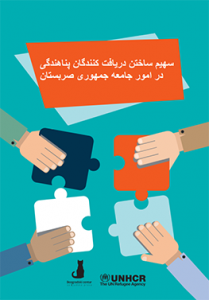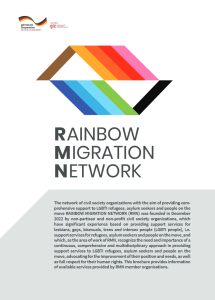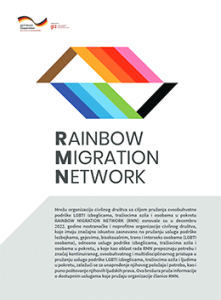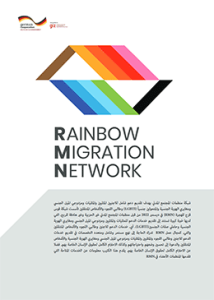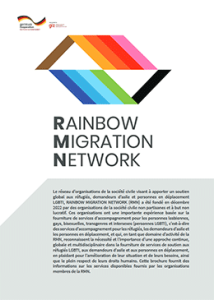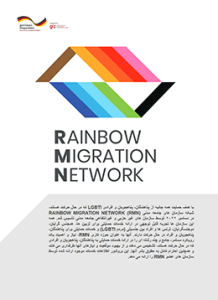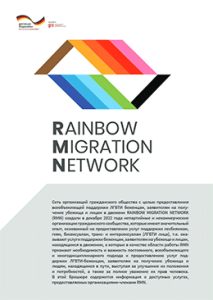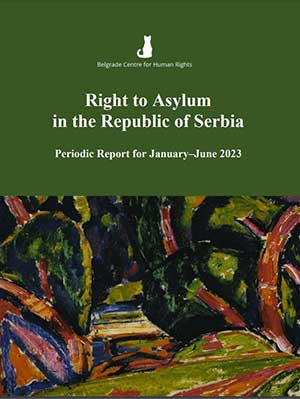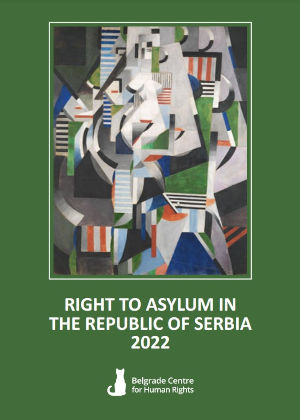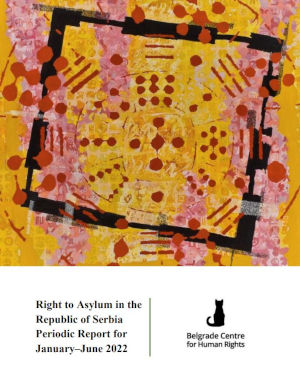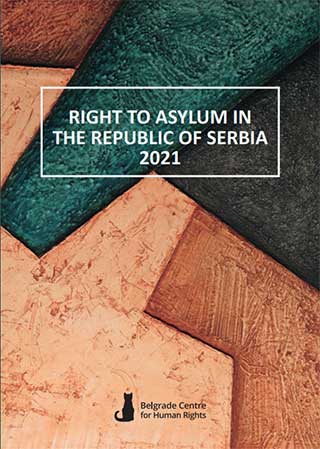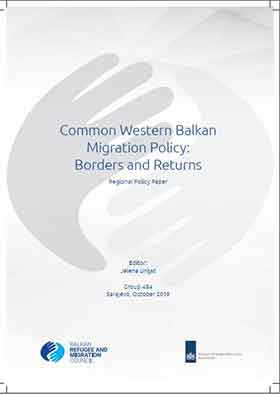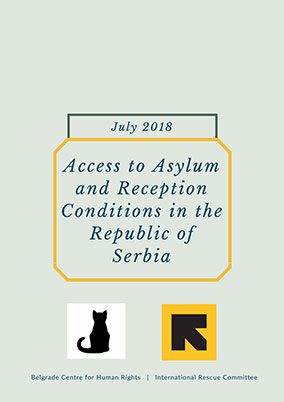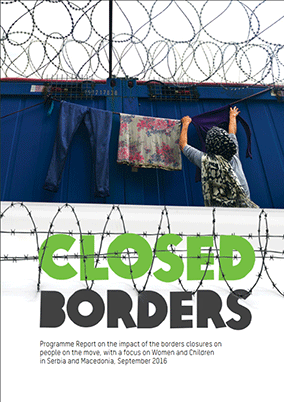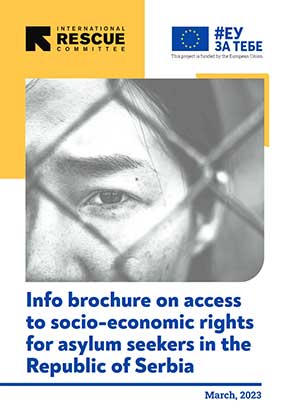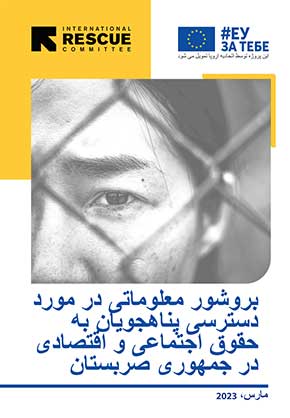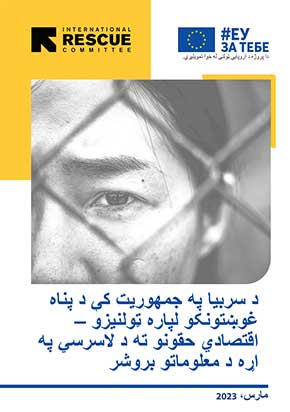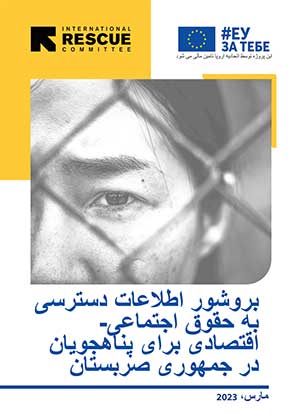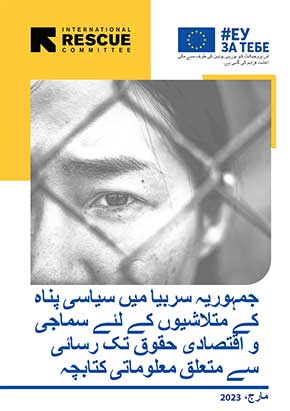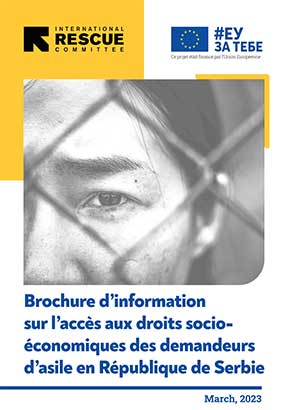We continuously monitor the state of affairs both in the countries where the asylum-seekers come from and in Serbia. All of our findings and reports are available at the Centre’s webpage at www.azil.rs

As a partner of the United Nations High Commissioner for Refugees, the Belgrade Centre for Human Rights has, since 2012, provided asylum-seekers in Serbia with free legal aid: they are explained their rights and obligations and represented before the proper authorities in Serbia and the European Court of Human Rights.
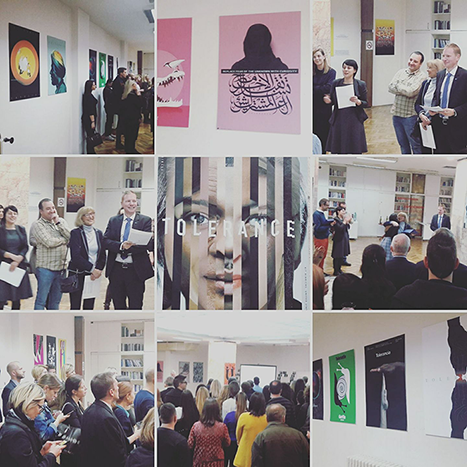
Marking the Human Rights Day
The House of Human Rights and Democracy on 8 December 2017 marked international Human Rights Day by opening the exhibition entitled “Human Rights and Tolerance in the Artistic Interpretation of Posters” and displaying the works of authors from over 15 countries of the world. The House of Human Rights also awarded prizes to Nikola Radišić […]
Germany offers refugees benefits in kind to return home
The German government is offering rejected asylum seekers benefits in kind worth up to €1000 if they voluntarily return home.The Federal Ministry of the Interior announced the new program called “Your Country, Your Future, Now!” which will run until February 28, on Saturday. Under it families who agree to leave will be entitled to up […]
Refugee Situation in Serbia in November 2017
According to the UNHCR estimates, the number of refugees and migrants in Serbia decreased slightly during November and amounted to about 4,300 persons of concern, of which about 3,950 were located in state asylum centers and reception centers. Most of the refugees and migrants were accommodated in reception centers in Obrenovac (871), Adasevci (357) and […]
Joint general comments on the child migrant rights
The Committee for the Protection of the Rights of All Migrant Workers and Members of Their Families and the Committee on the Rights of the Child adopted two joint general comments in order to protect the rights of child migrants. Joint general comment No. 3 of the Committee on the Protection of the Rights of […]
EU – Libya agreement inhumane: UN
Following the closure of the Western Balkan route, the European Union focused on new refugee flows that mostly went through the Mediterranean. At the European Union leaders’ summit in Malta in early February 2017, it was agreed to provide Libya with assistance in the amount of 200 million euros in order to combat the smuggling […]
As a partner of the United Nations High Commissioner for Refugees, the Belgrade Centre for Human Rights has, since 2012, provided asylum-seekers in Serbia with free legal aid: they are explained their rights and obligations and represented before the proper authorities in Serbia and the European Court of Human Rights.
We continuously monitor the state of affairs both in the countries where the asylum-seekers come from and in Serbia. All of our findings and reports are available at the Centre’s webpage at www.azil.rs

